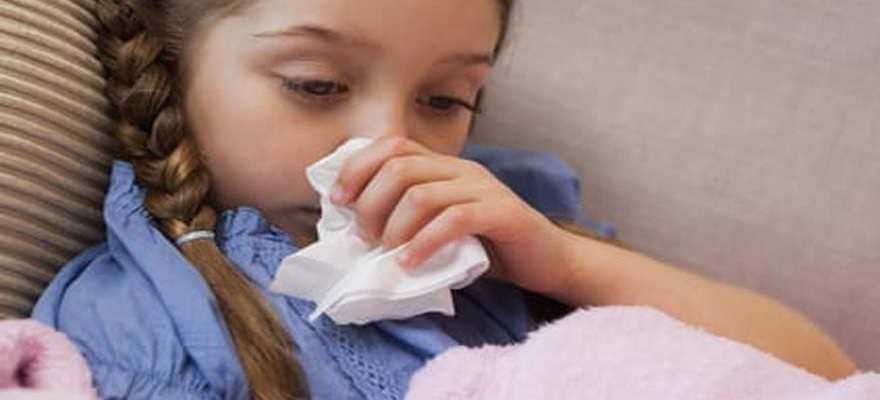
Students are most likely to get sick when school starts because being at school puts their immune systems to the test, offers The Mayo Clinic. Young children who are in close proximity to others in large groups tend to spread organisms like bacteria and viruses that cause illness. Breaking the cycle can take some work, but it’s possible to make this a healthy school year.
Encourage Handwashing
Frequent handwashing is a great way to prevent illness. Handwashing habits are essential for school-aged children. Children should wash their hands after they use the bathroom, before they eat, and as soon as they come home from school. If they’ve been playing outside or have interacted with children who are sick, handwashing can help remove some of the germs lingering on their hands. Antibacterial wipes are another option, but they may not be as effective as washing hands with warm, soapy water.
Handwashing should be encouraged as early as possible in a child’s life so that they are already in the habit of doing so once they attend school. Make hygiene routines fun for young kids by singing songs about germs and handwashing together at the sink, or by reading books about the importance of good hygiene.
Cover Your Mouth!
Parents should always remind their children to cover their mouths when sneezing or coughing. However, children should be aware that they should never sneeze into their hands because hands touch so many other surfaces that are vulnerable to germs. Children should be encouraged to sneeze into the crook of their arm, inside of the elbow, to minimize the spread of germs. They should also be reminded to wash their hands all the way up to their elbows after they have sneezed or coughed.
Parents can purchase small, travel-sized packages of tissues for kids to carry inside their school bags or pockets at all times, in case a sneezing or coughing episode occurs outside of the classroom.
Read Next | Get Ready for Preschool!
Take a Sick Day
Rare is the student who will never come down with an illness. When kids get sick, keep them at home. A child who is running a fever should be kept home from school until at least 24 hours after his temperature has returned to normal. If a child has been infected with lice or is diagnosed with a contagious illness, such as chicken pox, pink eye, coxsackie, mononucleosis, strep throat or the flu, parents should report the illness to the child’s teacher or principal immediately so that other parents can look for symptoms in their own children.
Schools typically have guidelines indicating when it is acceptable for children to return to school, and it’s important that parents adhere to those guidelines so illnesses cannot spread around the school.
Promote Adequate Sleep and Nutrition
While adults may need between seven and nine hours of sleep a night, children often require more. The National Sleep Foundation recommends eight to 13 hours of sleep a night for school-aged children. Begin adjusting sleep schedules during the latter part of summer vacation so that children can readjust to their regular sleep schedules.
Parents should also feed children nutritious diets consisting of a variety of foods. Eating healthy food is a great way to boost the immune system. In addition to plenty of fruits and vegetables, children should be offered other nutrient-rich foods such as eggs, yogurt, beans, whole grains, and nuts (if allergies aren’t an issue, of course). Avoid processed foods and junk foods containing excess saturated fats and/or sugar, reserving such items only as special treats every so often.
Donate Cleaning Supplies
Some schools may be underfunded and might not have enough supplies to keep all of the classrooms and surfaces clean. Parents can help by donating cleaning wipes and sprays so that students and teachers can thrive in clean, healthy environments. If the child’s school supply list calls for one roll of paper towels, parents should consider sending in two or three rolls instead, being sure talk to the teacher to find out which items are needed most.
Stop (some) Sharing
Sharing develops good manners and can foster new friendships. But children should be discouraged from sharing food, drinks and other personal items. Once the item has been placed in a child’s mouth, it should not be shared. Parents should enforce this rule when children are young to avoid any issues when school begins.
>We can recommend more movies on filme cu lesbiene!

Read Next | Find Great After School Programs in Staten Island





